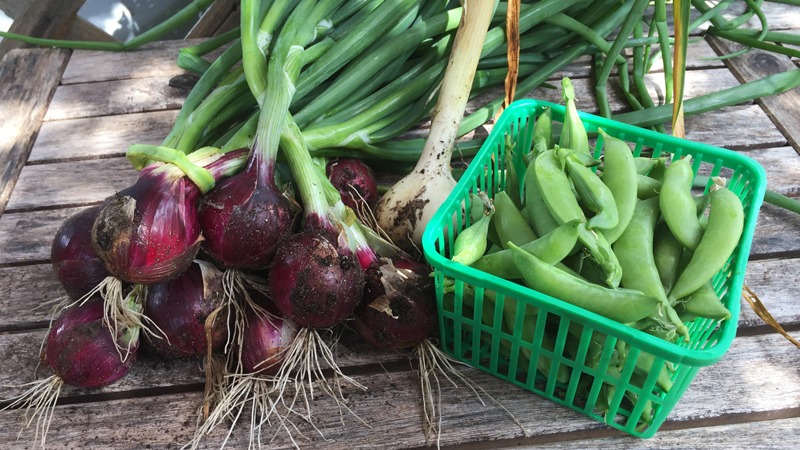Join the Cold Hardy Craze
You may be wondering why we are so keen on getting the ball rolling in the garden as early as April. It almost feels too soon and there is still the occasional frost or snowfall, so it doesn’t always feel like the logical thing to do. Thankfully, that is not the case! After a long, cold, dark winter, the sight of green growth feels life-giving and magical, and that feels like reason enough. But there are also many practical reasons for getting plants in the ground as soon as the soil is workable.
Some cold-hardy plants, such as peas, spinach, Pac choi, broccoli, cabbage and kale, actually prefer cooler temperatures and perform better in spring and fall. The heat of summer can be stressful to these plants, making them want to flower and set seed. In the process they begin to lose their desirable qualities that make them taste good to us. Lettuce can become milky, bitter and tough when it starts to bolt.
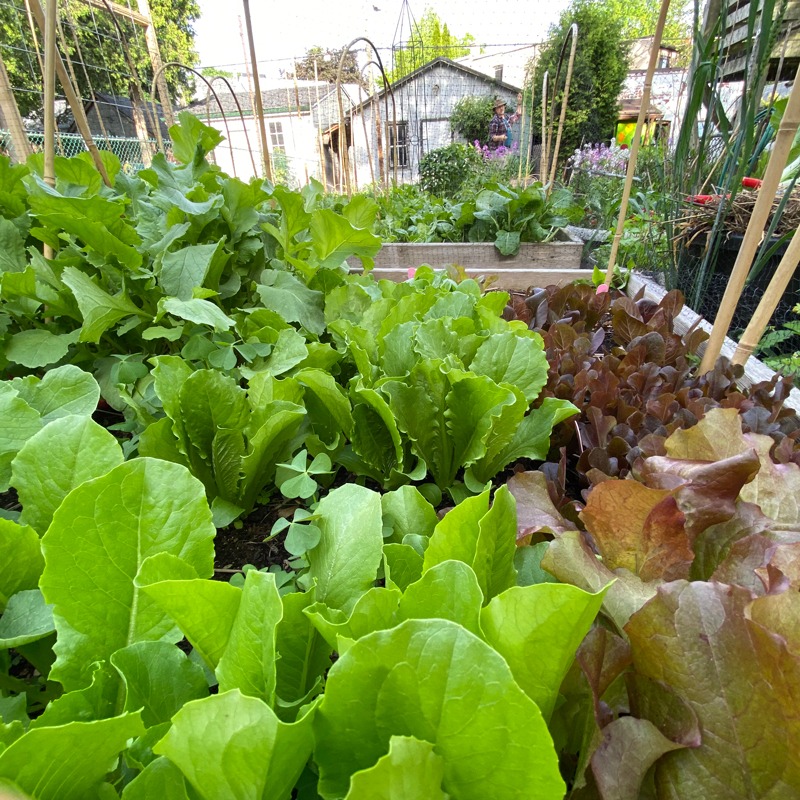
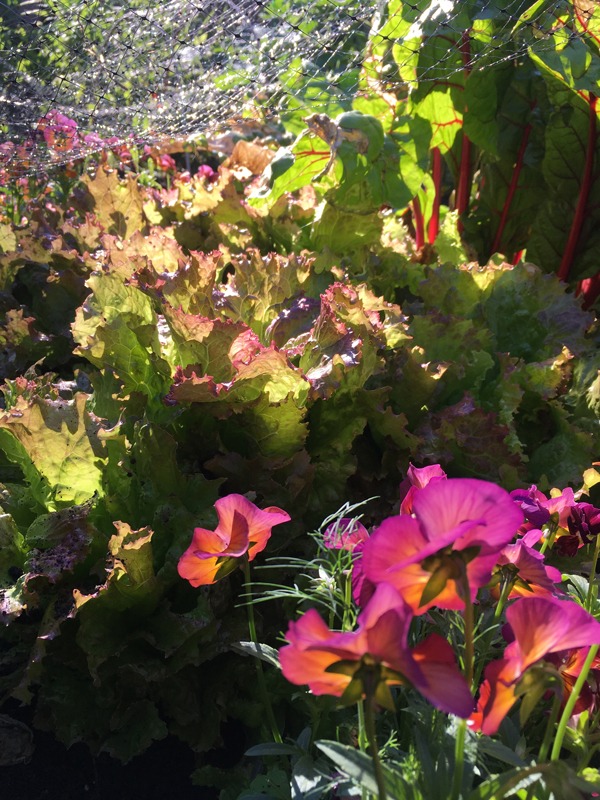
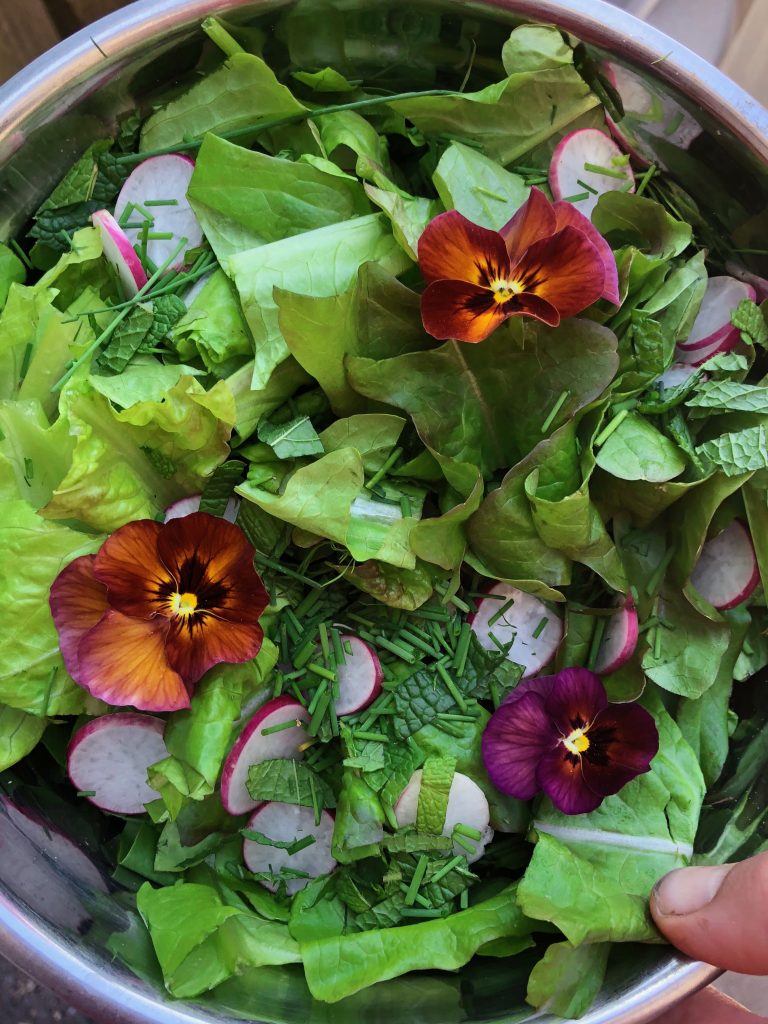
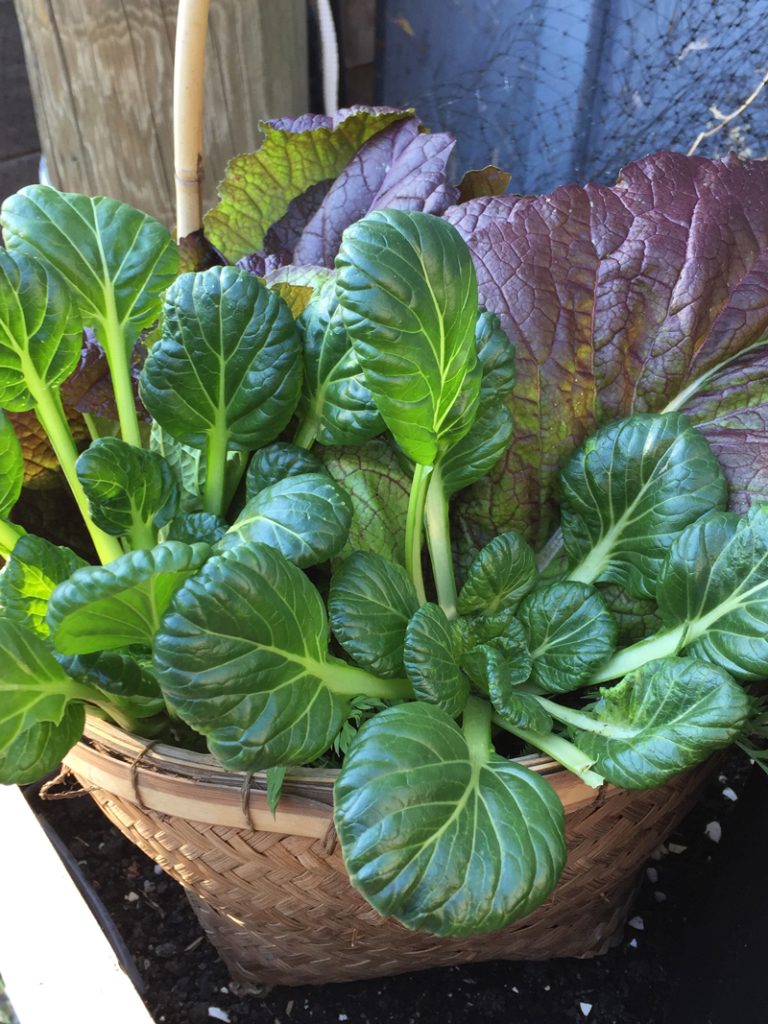
Another plus to starting early is that crops like arugula and spinach offer more harvests before the heat ends the leafy stage of their development. Of course, it is still possible to grow plants like lettuce or arugula throughout the summer, but they often need protection like shade cloth. In this case, it is best to choose varieties that are bolt-resistant and heat-tolerant for those summer months.
There are a number of benefits to planting seedlings rather than direct-sowing seeds in your garden. For example, seedlings are already more mature and have established root systems. Since they are larger than a newly germinating seed, they are less vulnerable to being completely consumed by a hungry slug or caterpillar. Also, germination can take a while or prove tricky with certain plants, and the transition from seed to seedling to mature plant can be a long one. When you start with a seedling, it has already been cared for and nurtured for weeks to months before it arrives in your care, which saves you a time-consuming task. You also get to harvest and eat them sooner, which is a great motivating factor, in my opinion!
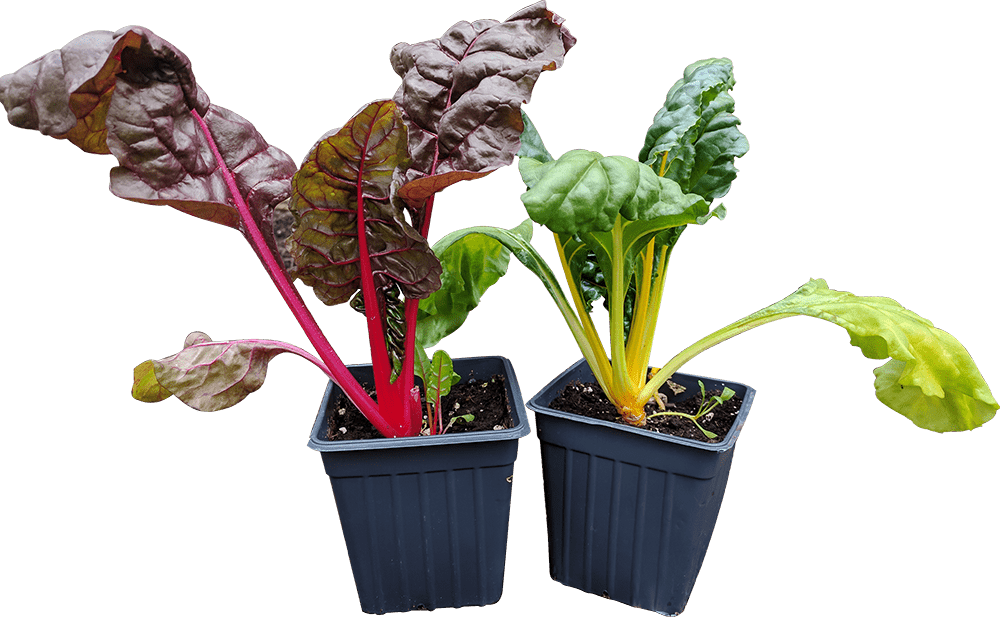
When you visit our seedling shop, you will see that a few varieties of common garden vegetables are missing and you may wonder why. I assure you; it is for good reason. We like to “direct sow” many crops such as radish, carrots, beets and beans because their root systems don’t like to be disturbed by transplanting. Other crops like peas and many greens are flexible and tolerant of either being transplanted or directly sown in the garden soil.
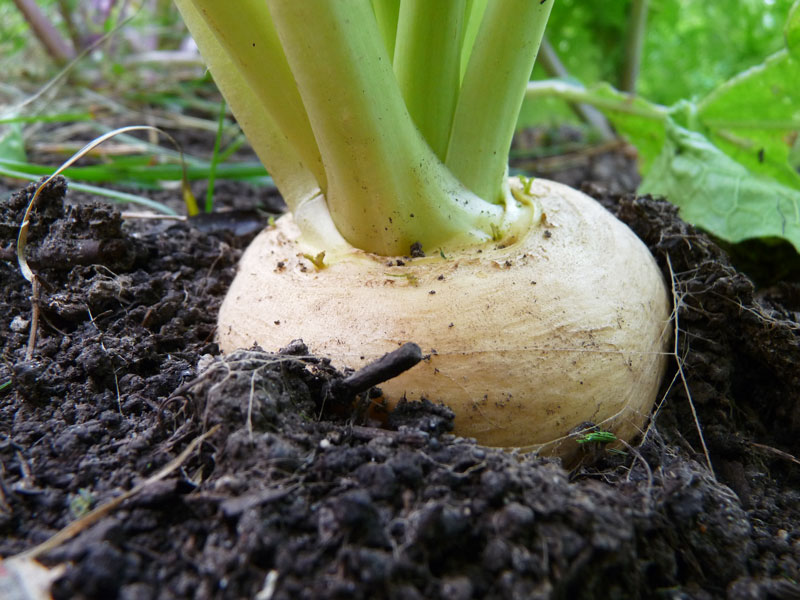
There is no reason to wait until the May 24 weekend to get your garden planted. Thanks to a wide range of cold hardy crops, you can make the most of your garden by planting crops in succession. When cold-hardy plants succumb to summer temperatures, heat-loving plants such as tomatoes, peppers, basil and cucumber can be planted in their place. Learning to time your successions takes a bit of practice but is well worth the effort.
Give some cold hardy plants a try and you’ll be rewarded with fresh, home grown harvests long before others are planting out their tomatoes.
